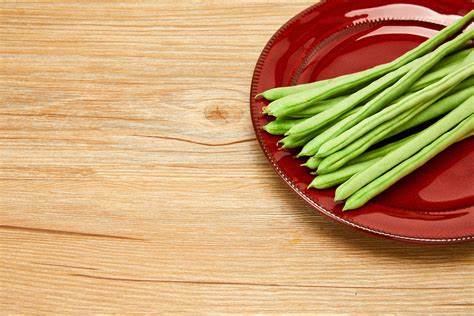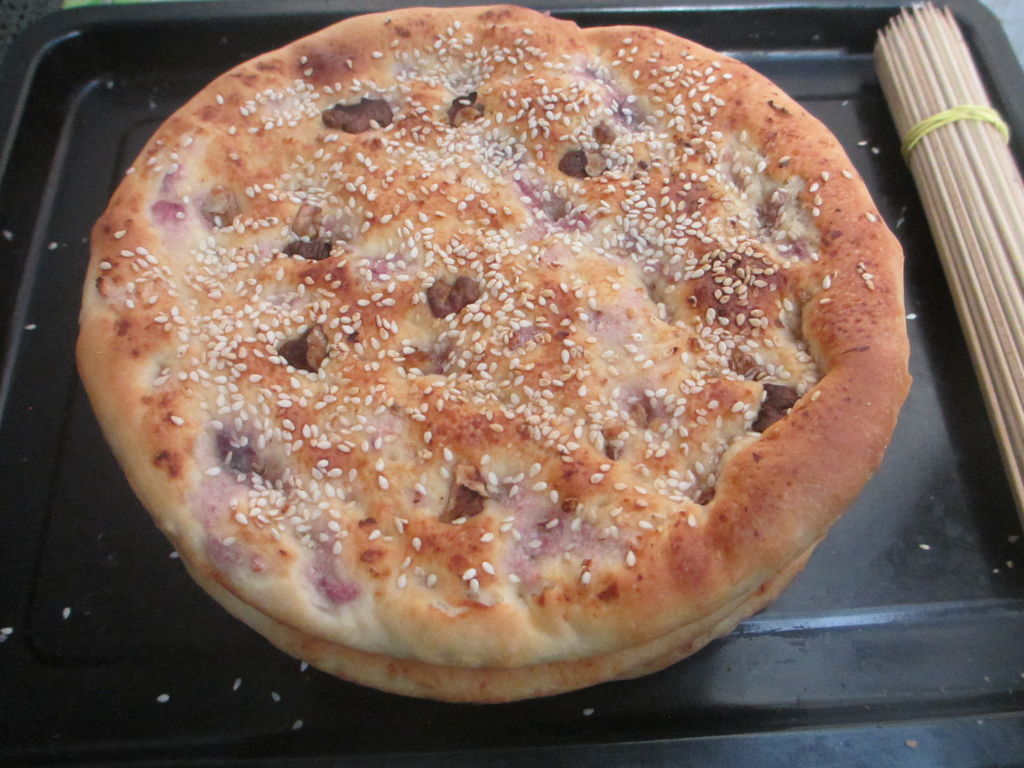Introduction: A Timeless Culinary Treasure
Steamed pancakes, known as “Huobing” in the local dialect, embody the essence of comfort food steeped in rich tradition. This delectable dish, simmered in a flavorful broth of vegetables and meat, has carved its niche in the culinary landscape of Jinzhou, Liaoning, thriving for over three centuries. Renowned for its unique charm, Huobing has transitioned from being a humble staple in everyday life to a cherished gastronomic experience found in restaurants.
The Origins of Huobing: A Story of Resilience
The origins of Huobing can be traced back to the late Ming Dynasty, when a Zhejiang native named Zhan Yue opposed the corrupt regime and its unscrupulous officials. After incurring the ire of powerful court members, he was exiled to the ancient city of Jinzhou. To sustain himself, Zhan Yue opened a small pancake shop.
During this tumultuous period, the common people, disillusioned with the royal court’s decadence, began to rebel against the Ming Dynasty. Secretly supporting these insurgents, Zhan Yue provided them meals from his modest establishment.
Amidst this backdrop, the Qing Dynasty’s first emperor, Nurhaci, arrived in Jinzhou with intentions to besiege the city. The siege was met with unexpected resistance, leading his forces to retreat near Zhan Yue’s shop. In an act of hospitality, Zhan Yue prepared a lavish pot of stewed vegetables and pork ribs. In a stroke of ingenuity, he placed raw pancakes atop the simmering broth. As the savory steam enveloped the pancake, a culinary masterpiece was born.

When the soldiers, weary and famished, tasted the dish, its enticing aroma and delightful flavors rejuvenated their spirits. Buoyed by the meal, they launched a successful assault on Jinzhou the following day, declaring, “Steamed pancakes satisfy our hunger; they empower us to conquer.” From that moment, Zhan Yue remained with Nurhaci’s army, continuing to provide this extraordinary dish, which can serve as both a staple and a side. Thus, the method of crafting Huobing spread throughout the region.
Recreating Tradition: A Family Recipe for Huobing
With this rich historical context, we now turn our attention to recreating this beloved dish. The following recipes and methods will guide you in preparing this comforting family meal of Huobing, just as it has been made for generations.
Ingredients:
- 300g High-gluten flour
- 1 Pork rib
- 1 kg Green beans (string beans)
- 1 Potato
- Cooking oil
- Garlic, ginger, and scallions (to taste)
- Salt (to taste)
- Soy sauce (to taste)
- A pinch of sugar
- 145ml Warm water
- 1 tablespoon soy bean paste
Method: Creating Huobing
Preparing the Dough
Begin by mixing warm water with high-gluten flour, kneading until a soft and smooth dough forms. Divide the dough into three equal portions and roll them out into discs the size of a large bowl.
Oiling the Layers
Spread a generous layer of vegetable oil on two of the dough rounds, stacking them with one un-oiled round on top. This will create oil layers that enhance the final texture of the pancake.
Expanding the Base
Roll out the stacked dough to ensure it is large enough to cover the ingredients in the pot beneath.
Sautéing the Ingredients
Heat oil in a pot, then add minced garlic, ginger, and scallions until fragrant. Add the pork ribs and sauté for a brief moment. Subsequently, mix in diced potato, green beans, and soy bean paste. Stir, then add water until it reaches just above the vegetables, seasoning with salt and soy sauce to taste.
Assembling the Dish
Once the mixture is evenly combined, cover it with the prepared pancake dough and place a lid on the pot. Cook over high heat to allow the ingredients to steam.
Cooking to Perfection
Halfway through the cooking process, open the pot and gently flip the pancake to ensure it absorbs the broth on both sides. Let it simmer until the sauce reduces significantly, indicating that both the vegetables and pancakes are ready.
Serving the Huobing
Carefully slice the pancake into portions, peeling back the layers with chopsticks and arranging them on a plate. Drizzle the remaining broth over the pancake for added flavor, creating an inviting presentation that promises a delightful taste.
When served together, the tender pork ribs and the savory pancake create an unforgettable dining experience, inviting guests to savor the heart of traditional culinary arts.
Conclusion: A Dish of Shared Heritage
The journey of Huobing from a simple pancake to a cherished dish laden with history reflects the resilience of cultural heritage through food. Each bite conveys the spirit of those who came before us, melding stories, flavors, and traditions into a dish that continues to warm hearts and nourish souls.

